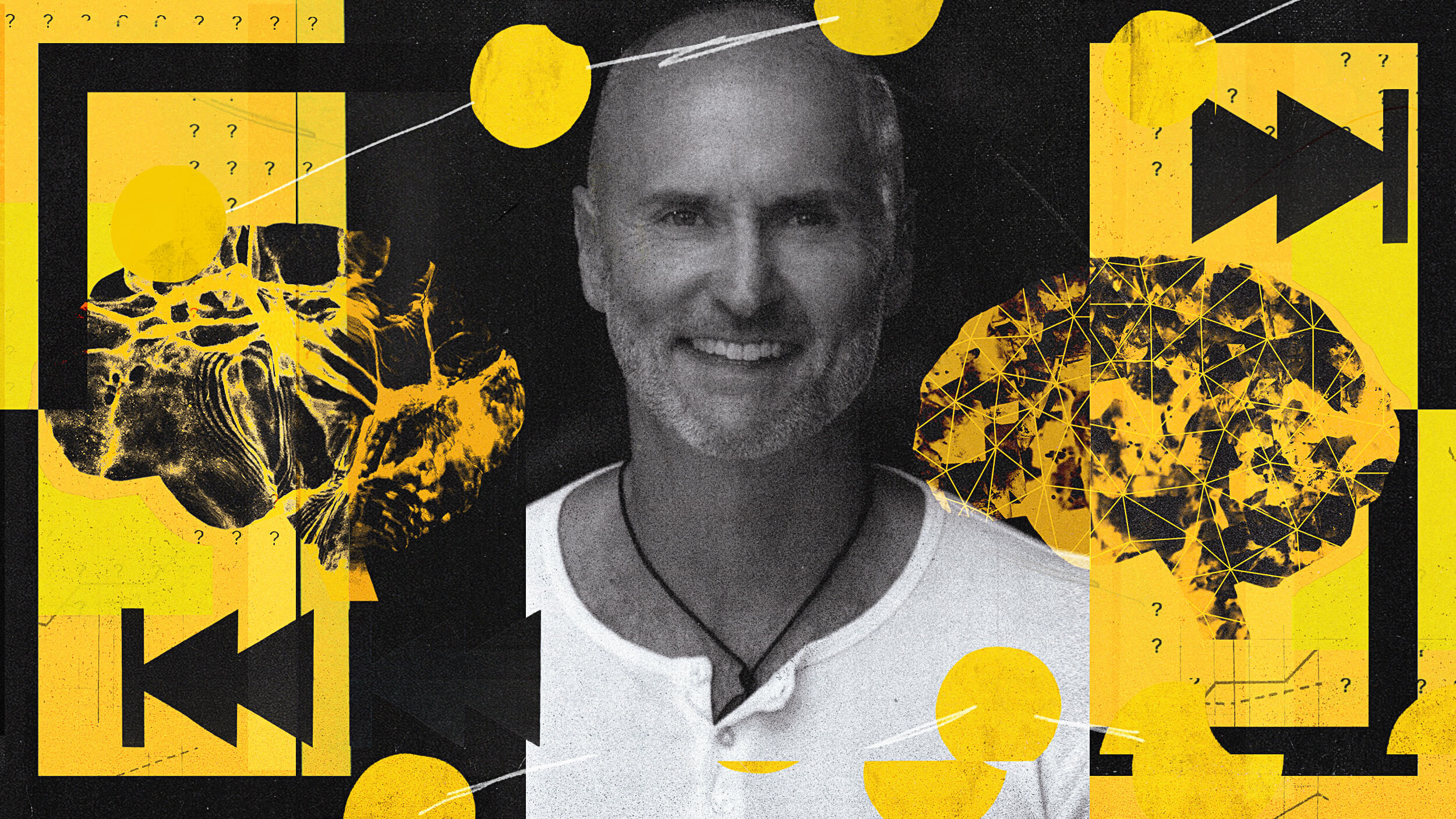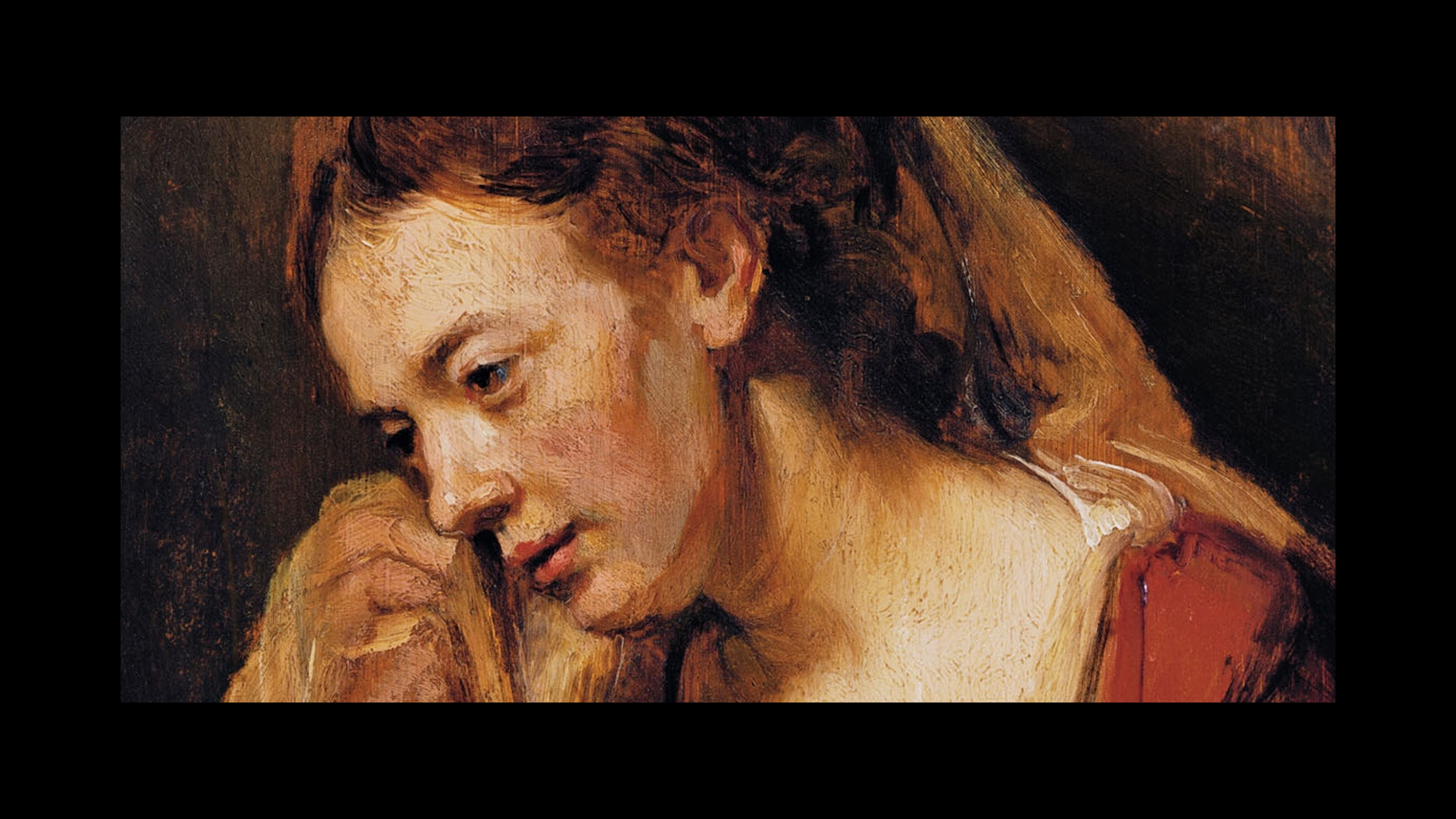As a thespian, he was taught by Stella Adler. As a TV host, he’s interviewed such luminaries as Paul Newman and Alan Alda. Which acting insights has James Lipton found most valuable?
Question: What did you learn under Stella Adler that can be applied to acting across all genres?
rnJames Lipton: Stella was, I think, in all the disciplines I studied in my life, the formal disciplines, performance disciplines, she was the best teacher I ever had of anything. Better than any of my university teachers, better than any of the teachers I had worked with in the study of, in the liberal arts study, in the study of the law. She was quite simply the most gifted teacher I ever met. She was inspiring. She was eccentric, sometimes she was quite nutty, but at the core of it was this steely technique which she had acquired over many years and which she had inquired, in fact, from Stanislavski himself.
rnNow, Stella – there were two streams of the Stanislavski System essentially that came out of the group theater. The two streams exist today. They run parallel to each other and in the end they often cross and reach the same result. Stella was trained at the Group Theater principally by Lee Strasberg, was its teacher and director. Harold Clurman was also running the Group Theater, as was Gerald Crawford.
rnIn 1934, she went to Paris and discovered that Stanislavski was there for the summer and she confronted him and said that his system, which she had been studying scrupulously since these members of the group theater had encountered the Moscow Art Theater when it came to New York in the 1920’s, was driving her crazy. And Stanislavski listened to her complaints and agreed to teach her, which he did, I think for like a month, or six weeks. He trained her in a role. And then she came back to New York and she – there were all of her colleagues at the Group Theater – this was a group, of course, that had changed everything in America. The Group Theater had brought the Stanislavski system into America and they had changed the way actors act, the way writers write, the way directors direct. And they were becoming a dominant force; the dominant force, in theater and ultimately in film. And they were waiting for her and they said, “Well, what did the master have to say?” And she said, “He’s abandoned emotional memory.” Now, that may be meaningless to anybody listening to this, but to an actor it has some meaning.
rnEmotional memory was what **** taught when she remained behind from the Moscow Art Theater, and Strasberg and others were very influenced by it. It is what people sometimes think of as the Stanislavski System, in which one recalls one’s own experiences that are similar to, or maybe even identical to the experiences of the character and brings back from the core of one’s being the experience. It isn’t really what people think it is. It is more complex and more interesting than I have described it because it isn’t just vanishing from the world and remembering when the dog died and then opening one’s eyes with tears. It’s much more interesting and complicated than that and it involved recalling occurrences in one’s life which evoked emotion similar to the character’s emotions and then one reviews then, but no in the way the public might think. Simply remembering what was the time of day, was it night, was it day. Was it outside, was it inside. It was inside. Do you remember the room? Was the room warm? Cold? Do you see the wallpaper, or the paint, etc. Refining and defining and recalling in the most intimate detail the experience. Not necessarily aloud, but in one’s own recollection. Usually under the guidance of a director, and what happens is that when you reach a certain point in that exercise of affective memory, emotional memory, you begin to relive it so vividly that whatever emotions you had at the time come flooding back.
rnNow, Stella argued that this took her away from the play, away from the character, away from what was happening in the play. She felt it was an impediment. Many people would disagree with her. There are still actors who use emotional memory, affective memory, which was Lee Strasberg’s emphasis, not his total emphasis. He taught everything at the Actor’s Studio. But nevertheless, she felt that it impeded her. And she said, “I don’t use it anymore.” Stanislavski said for that very reason, and instead I am interested in what the character wants at any given moment. “In the given circumstances you must be rooted in the play. Do not depart from the play. Don’t cut yourself off from your partner in the scene, or partners. Don’t go so deep in yourself that you no longer exist for your partner and for the character and for the play,” said Stanislavski, and said Stella. “You must be so thoroughly immersed in the given circumstances of the play, then you decide what it is at any given moment what that the actor wants. And when you try to achieve what that actor wants, as ardently – as the character wants, I should say – when you try to achieve it, the emotions will come. Just in the act of trying to – if I’m trying to convince you that you must never, ever, ever speak to this person again, I’m going to try to persuade you. That’s my action. I’m going to persuade you never to talk to this – look how already I am animated.” And if it requires an even more powerful action, the animation is going to be complete.
rnWhen Mark Rydell, the great director of “On Golden Pond” and other films, and member of The Actor’s Studio, a student of Stanford Meisner; yeah, he was Stanford Meisner’s student as I recall, yes. And on our stage, Inside the Actor’s Studio, he demonstrated for our students, who are master’s degree candidates after all, he said, “Look, I can demonstrate this very easily for you. I’m going to take you and put you in a closet and I’m going to lock that door from the outside. And I will say to you, your action is to get out of the closet, and I mean get out of that closet. You have 60 seconds.” He said, “Well, you’re going to begin to struggle to get out of that closet, but the locked door is the obstacle to that action, which a great playwright writes into every scene.” And he said, “After 30 seconds, you’re going to be emotional. By the time I release the door you’re going to be hysterical. Why? Did you try to remember some moment in your life when you were this emotional? No. You weren’t thinking about that at all. All you were thinking about was getting out of that damned closet.” That was Stella’s emphasis. I’m not saying that either side is correct. As a matter of fact, I think the best possible technique unites the two because there are moments when one has problems with actually accessing the deep and difficult emotions of one’s self and an exercise in emotional memory or affected memory exercise can release it. It can have a wonderful effect.
rnBut for the most part I think Stella emphasized, you can, if you know what you want – Alan Alda on our stage, who had studied this technique said, “There should be a sign over the entrance to every stage as the actor is about to go on stage that says, ‘what do you want?’” And it gets more complicated than that. It is divided into beats, into moment to moment decisions about what the character wants, into an overall action that takes you through the whole play. But generally speaking, this is what Stella taught. And there are exercises that teach you to do it. It’s not easy. It sounds much simpler than it is.
rnWhen the two sides divided, so to speak, now they’ve come together again, but for decades there was on the one side, Strasberg and his disciples who emphasized emotional memory, but not exclusively. He’s been maligned in that way. And Stella Adler, Harold Clurman, Robert Lewis, Sanford Meisner, these were the great exponents of the later work of Stanislavski’s life. The action, the objective, the super-objective, which is that overall action that takes you through the play, and the devotion to given circumstances. Both sides emphasize concentration. You have to concentrate in a way that normal people don’t.
rnWhen our students come to the Actor’s Studio Drama School at **** University, I was Dean for 10 years, I was the Founding Dean, I am no longer. I am Dean **** now. But I always speak to them when they come to the school. And I say to them. “Look. With the work that you are going to do here, because of these emotional memory exercises; they are also called sense memory, they are the memory of our five senses. That’s all we have. And it will make you extremely sensitive. You are about to separate yourself from the rest of the world. There will come a point in your education in our school, at any good school, where you achieve what’s called, “breakthrough.” Where for the first time you cross a barrier and it’s the Rubicon and you can never go back again. You now sense more than other people. You will see more, hear more, feel more, etc. than other people do and you will be sensitive to the moment, the partner, the action, to your partner’s action, which may conflict with yours and to the play in a way in which other people are not.” And then I would add to that the fact that all of these great teachers, Strasberg, Stella, Meisner, Lewis, Clurman, all of them, they emphasize listening.
rnNow, you’re listening to me, right? When you speak to me, I am listening to you. In life we listen to other people. Listen with varying degrees of concentration and attention, right? Actors must learn to listen in a different way. Alan Alda, who really understands these things very well, I think, on our stage “Inside the Actors Studio,” said, “The way to understand listening, the act and art of listening is the following: if what you hear changes you in any way, you’ve heard it, you listened. If it doesn’t, and we all listen, we listen all the time in our lives, we’re listening to television, we’re listening to our mates at dinner, we’re listening to the traffic in the street, we listen, but this is a different kind of listening. This is a listening that is so acute that is so focused and concentrated that if the other person, the other actor says, I have some very bad news for you, your mother has died, it really hits. It’s not a stage. It’s not makeup. It’s not scenery and costumes. Somebody had just told you that you, the character, the character’s mother has died and it doesn’t have to be that big, it could be a small thing, but you are listening.”
rnI often ask our guests, we’ve had 250 of them in 16 years on “Inside the Actor’s Studio” and of our school. What’s the single most important thing that you would tell an actor? “Listen. Listen.” But it’s that particular kind of listening of which an actor becomes capable in time, it doesn’t happen in a day. That and patience. And as Paul Newman said, when he was the first guest of “Inside the Actors Studio.” 16 years ago, and someone said, give me one word. Paul said, “Persistence.” Persistence. And then he told a lie. “I was born an ordinary actor. I will die an ordinary actor. But I’ve persisted.” Of course that was the lie. Not that he persisted, but that he was ordinary. He was anything but.
Recorded February 9, 2010
Interviewed by Austin Allen





